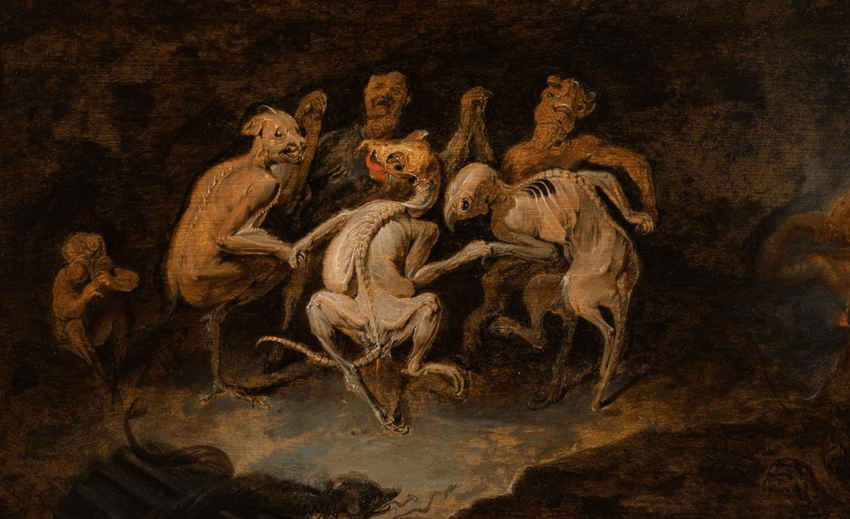Spinoff Comedy co-editor Sam Brooks sinks his cyber teeth into the polarising Mass Effect: Andromeda and finds a game that’s passable – but only just.
About 12 hours into Mass Effect: Andromeda I came across a side quest almost out of nowhere. I was wandering around the desert, and a little notification came up on my screen that I immediately went to check out because there’s a completist nature in me when it comes to video games and which I can’t in any way apply to my real life.
Ryder, our protagonist, who has come from the Milky Way to the Andromeda galaxy to settle (and implicitly colonise) it for humanity, comes across the corpse of a man who was meant to set up beacons on this colony. She declares that she will finish the job for him, and as she sets up these beacons, there are little motivational encouragements from the man’s daughter (left back in the Milky Way, millions of light years away and hundreds of actual years ago) to tell him to keep going. When you put up all the beacons, an act that rewards you with a few XP and some MacGuffin points, you feel like you’ve rounded off a little mini-arc within the game.
This kind of experience isn’t new to you if you’ve played a BioWare game. BioWare games are not perfect – their sprawling design means they absolutely can’t be – but where they excel is allowing the player to invest emotionally in these mini-arcs, or to just let the completists get their extra XP. The moment you start nitpicking at the gameplay, the story, or the graphics, the entire thing falls apart like a subpar 2am kebab.
Mass Effect: Andromeda isn’t what Mass Effect 3 (or even 2, which I think is BioWare’s best, fullest experience) or Dragon Age: Inquisition was. It can’t be. Both of those trilogy-cappers got so much leeway from the dozens of hours players had already put into these characters and this world. Andromeda does something brave, and something necessary, for the Mass Effect world by removing it from the established narrative entirely and using the series’ style and knack for twisting sci-fi tropes to serve an entirely new set of characters and situations.
The gameplay is a tiny step forward from Dragon Age: Inquisition, and while the combat is the fastest and most responsive the series has ever been, BioWare hasn’t quite nailed the living and breathing feeling of an open world; for every sidequest that gives you an emotional hook, there’s five which are MacGuffin busywork best completed while listening to a podcast. The game gets around the vast emptiness of most of the open worlds by having the plot hook of the game literally be to colonise these places, but it can make for some monotonous times. Then there are the classic BioWare graphical glitches, the fetch quests, these things that have become staples of BioWare games that they’ve yet to quite wrest free of, and that puts these games in the long shadow of The Witcher 3.
The other side of the gameplay, the talking and the conversation parts that made BioWare famous, is typically strong. The cast of characters puts a necessary twist on the classic BioWare squad that you’re usually saddled with, with some pretty clear mirrors and refractions of old characters (rough and tumble Asari scientist PeeBee is a pretty clear reflection of quiet and docile Liara, while the almost maternal Turian Vetra is a clear companion to Shepard’s best friend Garrus from the original characters) but BioWare’s figured out how to write living, breathing people now, and not just ciphers with overdefined viewpoints. It seems like a minor thing, but when half of your game revolves around conversations, it’s a big thing when your cast of characters, whether they’re something you’re bringing along with you to shoot or just a one-off you encounter on a ship somewhere, feels like they could actually exist in the world.
Where the game falters is the actual narrative. It’s a hard thing to balance when you’ve got open worlds, because the game is constantly having to balance the need to drive the narrative forward with the player’s inherent desire to go here-do-that-break-this, and it’s a balance that the game doesn’t quite figure out. The narrative drive is never strong enough, and the villains we’re presented with, generic aliens called The Kett, are never given enough agency or weight within the story to be considered a huge threat. There’s an argument to be made that BioWare games are never about the plot or the villain, but in what those things bring out in your squad or what they mean thematically, but never has that been more clear or more bland than here.
But if you like BioWare games, then you’re used to these things. You don’t come for the shooting, you don’t come for the full and rich open worlds, you come because you want to feel feelings. You come because you want to make a character that can either make the world, or in this case the galaxy, a better place or just fuck it up entirely. When it comes to that, Mass Effect: Andromeda succeeds handily.
It’s not the best BioWare game, but it was never going to be. However, if you’re a hardcore BioWare fan, if you want to shoot up some space things and also talk to other space things, you’ll be into Mass Effect: Andromeda. Hell, you probably even pre-ordered it.
This post, like all our gaming posts, was brought to you with the help of our mates at Bigpipe Broadband



